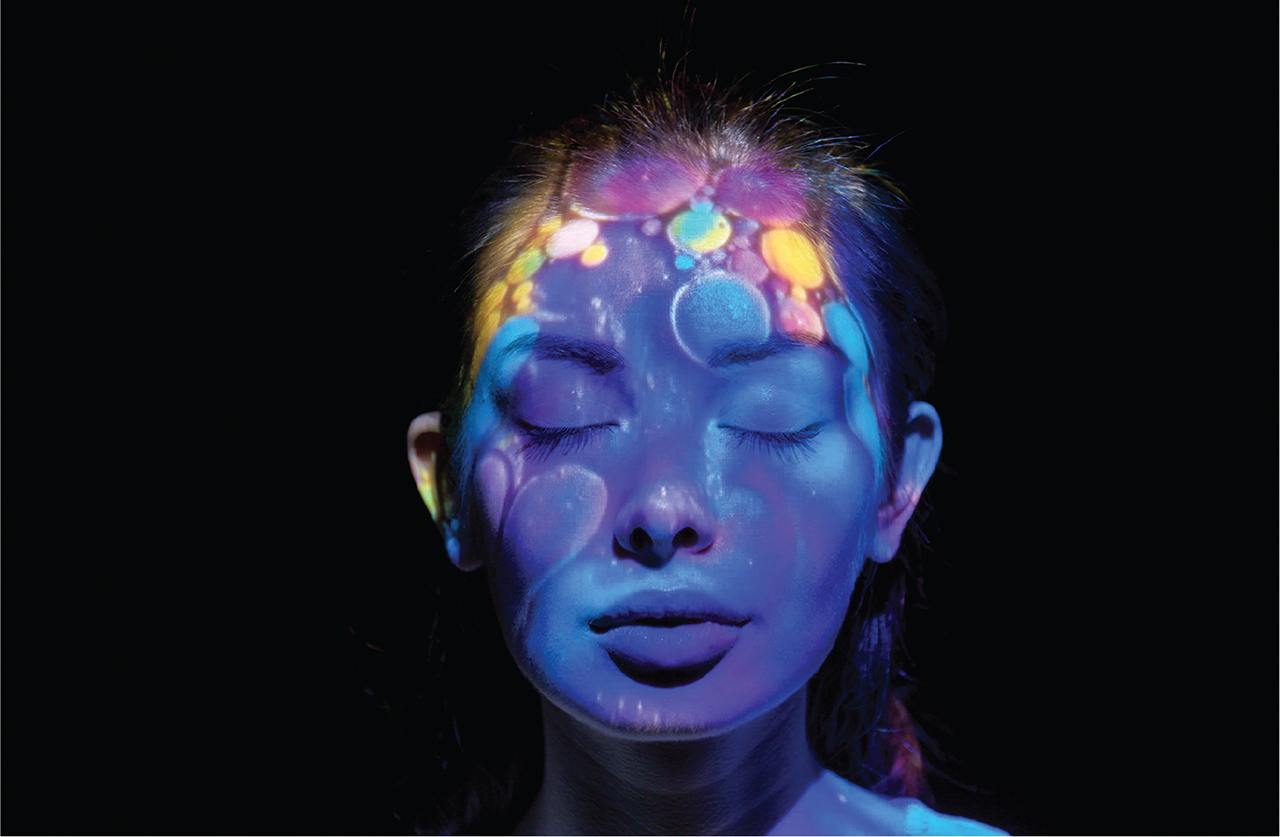Dream interpretation theories:
Although there are many theories explaining why we dream, no one has yet discovered the true meaning of dreams, let alone how to interpret them. Dreams can be enigmatic, but deciphering their meaning can be downright perplexing.
Dreaming was regarded as a kind of extra-terrestrial contact or a way for God to intervene, whose message could be understood by those with the corresponding spiritual abilities, in many ancient societies, including those of Egypt and Greece. Many schools of psychology and neurobiology have put forth hypotheses on the significance and function of dreams in the modern day. According to a study conducted in the United States, India, and South Korea, most people today seem to interpret dream content in accordance with Freudian psychoanalysis.

People seem to assume that dreams have a special significance because they give them more significance than comparable waking thoughts. People claim that if they had a dream the night before that their plane crashed, they would be more inclined to postpone a scheduled trip than if the Department of Homeland Security had issued a federal alert.
However, not all dreams are given the same weight by people. People seem to interpret their dreams using motivated reasoning. They are more prone to consider dreams that support their waking ideas and desires to be more significant than dreams that do the opposite.
Some well-known experts, including G. William Domhoff, contend that dreams are likely meaningless. 1 However, dream interpretation has grown in acceptance. Although studies have not shown that dreams have a purpose, many professionals think that dreams do have significance.

According to Domhoff, “‘Meaning’ has to do with coherence and with systematic links to other variables, and in that perspective, dreams definitely have meaning.” “Additionally, they are quite “revealing” of our thoughts.
“We’ve demonstrated that 75 to 100 dreams from a person can paint a highly accurate psychological picture of that person.
Freud: Dreams as the Road to the Unconscious Mind:
Condensation: A single dream might encompass a wide range of thoughts and concepts. One concept or image has all the information.
By mixing together the significant and irrelevant elements of the dream, this feature of dream work conceals the emotional meaning of the latent content.
By incorporating items that are intended to signify the latent content of the dream, this technique also suppresses the suppressed concepts that were there in the dream.
Secondary revision: Freud proposed that during this latter stage of dreaming, the odd components of the dream are rearranged to make the dream understandable, leading to the manifest content of the dream.
The Impact of Biases on Dream Interpretation:
Over 1,000 people from the US, India, and South Korea had their dreams examined by researchers Carey Morewedge and Michael Norton.
They found that few of the college students who took part in the study thought that dreams were only the brain’s reaction to chance stimulus. Instead, the majority agreed with Freud’s theory that unconscious desires and drives are revealed in dreams.
However, they also found that biases play a significant role in how much significance and weight people give to their goals. Negative dreams are more likely to stick in someone’s memory if they feature persons they already detest. Positive dreams are also more likely to be taken seriously if they include close friends or family members.
To put it another way, people are driven to interpret their dreams in a way that confirms the ideas they already hold about themselves, the world, and the people in it. The researchers discovered that biases including the self-serving bias and the confirmation bias can affect how people react to their own dreams.
The researchers contend that since people frequently take their dreams seriously, they may also take on a self-fulfilling prophecy-like quality. If you believe that you will fail an exam, you can be less motivated to study or perhaps perform poorly due to stress. Whether or not dreams are meaningful, it’s nevertheless a common activity to try to decipher them.







